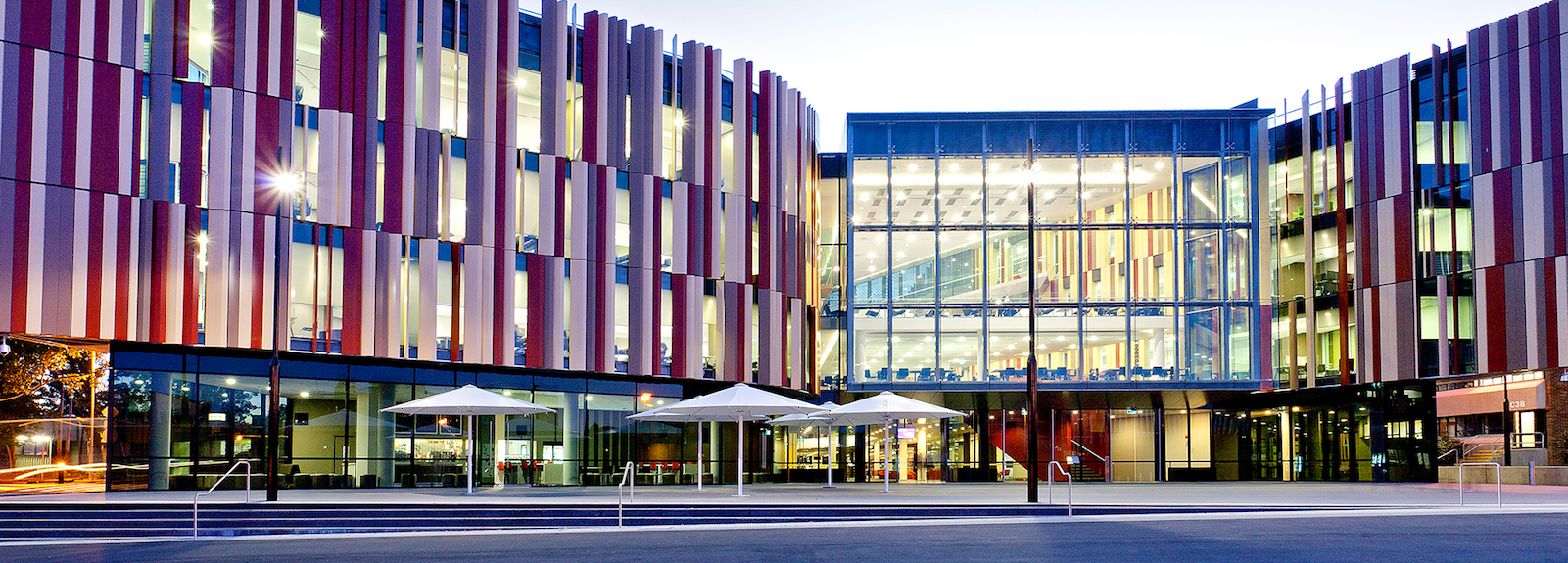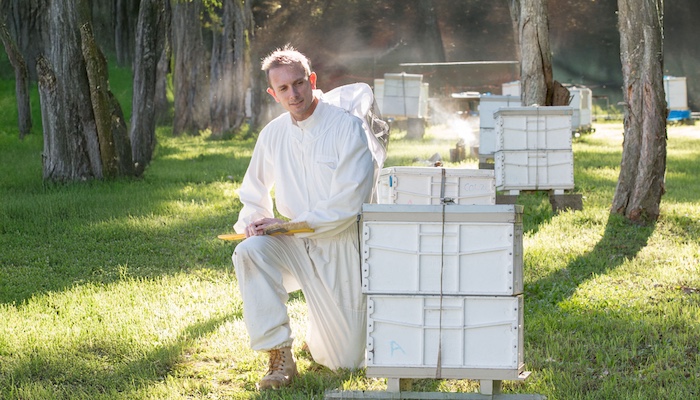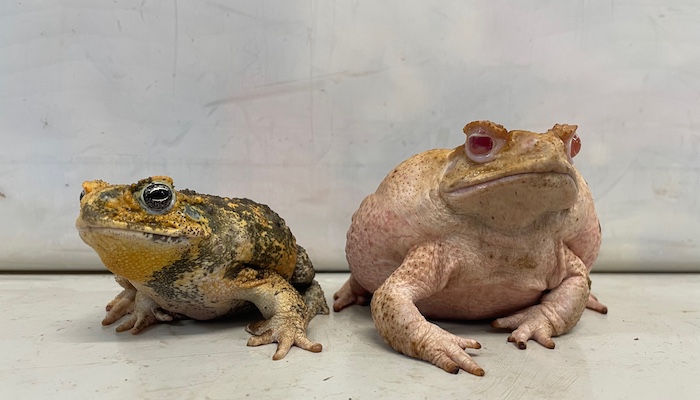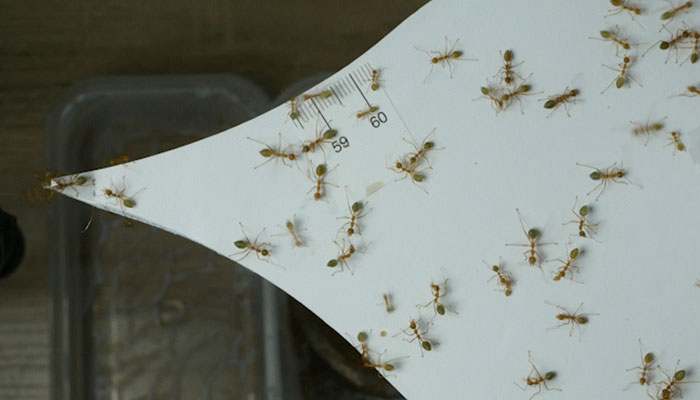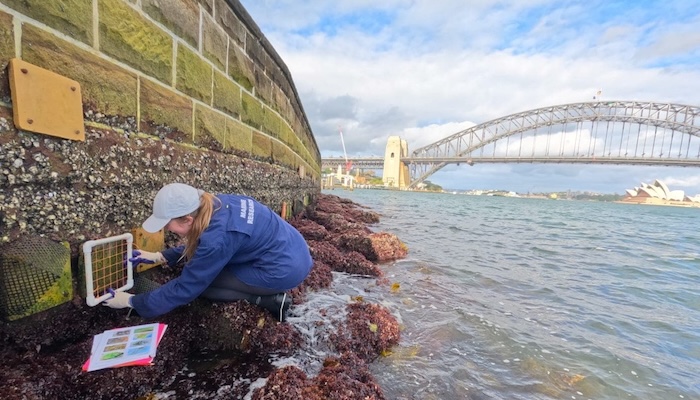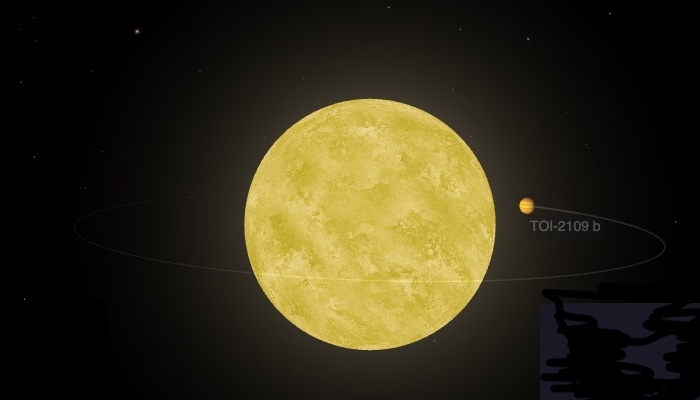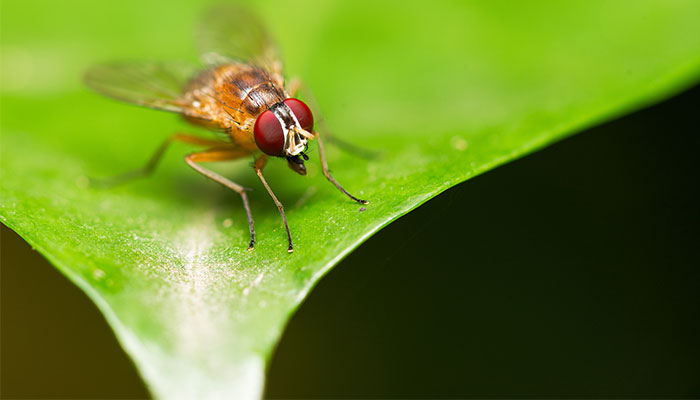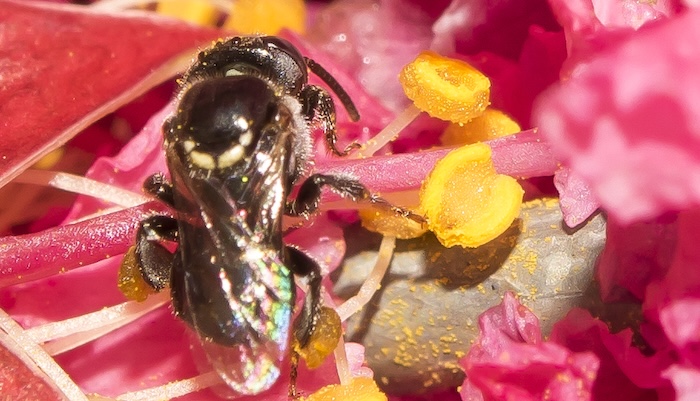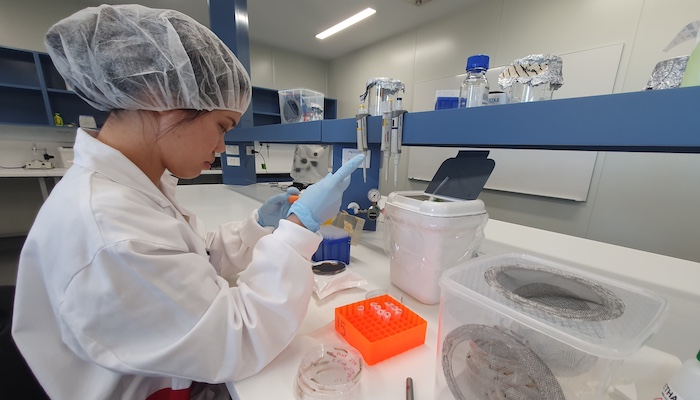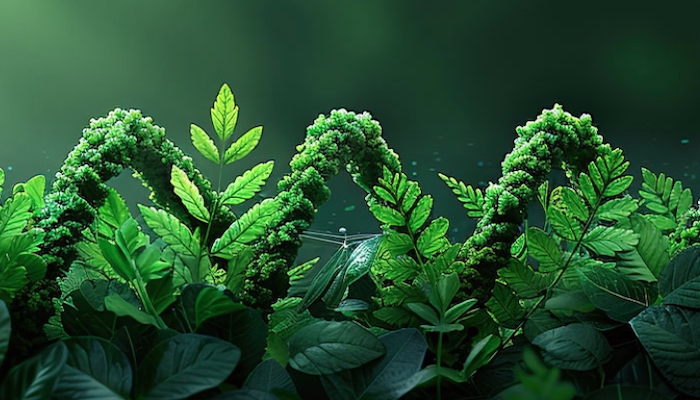Topics
Macquarie-developed space camera to tackle orbital traffic jam
Macquarie University’s Australian Astronomical Optics (AAO) has developed innovative space imaging technology to allow satellites to quickly point a camera at moving objects in space, debuting a prototype at the 2025 International Astronautical Congress (IAC) in Sydney from 29 September.
Please explain: Does the sun have seasons?
Ahead of Macquarie University's annual Astronomy Open Night on September 27, astrophysicist Dr Deepak Chahal explains.
Minds meet machines in new $1.2m Macquarie research hub
Major international funding will support cross-faculty initiative examining minds from bees to artificial intelligence.
Genetically-altered toads explain why albino animals are rare in nature
Macquarie University researchers used advanced gene-editing technology to debunk long-held beliefs about why albinism is rare in nature.
Tiny ants crack the secret to perfect teamwork
Weaver ants increase their individual strength as teams grow larger and by cracking the secret to superefficient teamwork, they offer insights that could transform robot design.
Living colour: how red, green and yellow concrete improves Sydney marine life
When marine scientists gave Sydney Harbour seawalls a colourful glow up, they discovered it boosted marine biodiversity along our increasingly urbanised, concrete-dominated shorelines.
Doomed planet's death spiral could reveal stellar secrets
Astronomers led by a team at Macquarie University have tracked an extreme planet’s orbital decay to understand how stars dissipate energy.
Common farm chemical threatens insect survival
Macquarie University research shows a chemical banned in Europe but still sprayed on Australian produce to kill fungus also wipes out beneficial insects and pollinators, potentially fuelling global insect decline.
Why biology could be the future of computing and engineering
A new paper from Macquarie University scientists outlines how engineered biological systems could solve limitations in traditional computing, as international competition accelerates development of 'semisynbio' technologies.
Australian native bees see the world differently: research first
The first-ever study of Australian stingless bee vision shows how two native species have evolved distinct visual abilities to suit their foraging behaviours and environments.
Cannabis extract shows promise as treatment for fungal infections
Macquarie researchers have found compounds derived from the cannabis plant can effectively combat fungal infections including athlete's foot and the deadly Cryptococcosis, raising hope for the development of new topical treatments.
$13 million grant to develop first synthetic plant chromosome
The UK's Advanced Research and Invention Agency (ARIA) has awarded a major international grant to Macquarie University researchers to develop synthetic chromosomes for agricultural crops in a bid to advance global food production systems.

